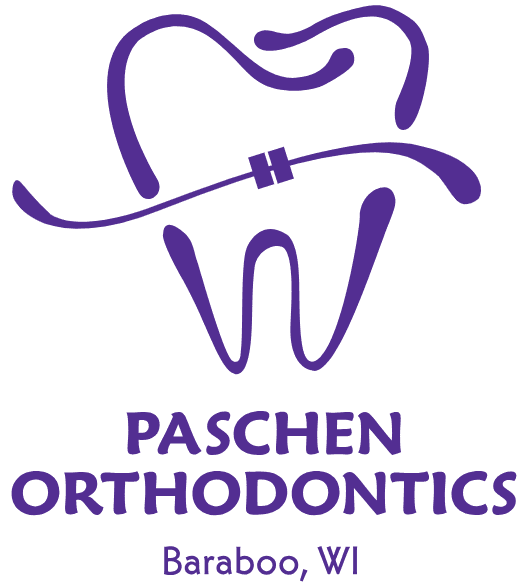HARMFUL CHILDHOOD HABITS LIKE thumb sucking past toddlerhood, nail-biting, tongue thrusting, and mouth breathing can all contribute to orthodontic problems such as to a narrow upper arch, an underdeveloped lower jaw, an open bite, or dental crowding. These can all make it more difficult to speak clearly or chew and swallow effectively, and they can be corrected with braces but parents might be able to head them off early by discouraging the habits causing them.
How We Breathe Affects Our Teeth
Habitual mouth breathing in childhood can cause a variety of problems, both in the short term and over time. When the mouth is closed, the tongue provides the right pressure for a child’s dental arches and facial bones to develop well. Mouth breathing removes that important support structure and leads to narrow arches (along with flat features, drooping eyes, and a small chin). That will make dental crowding much more likely. Parents should try to encourage nose breathing whenever possible.
Thumb-Sucking and Pacifier Use
Past a certain age, as adult teeth are developing in a child’s jaw, frequent and vigorous thumbsucking or pacifier use begin to have harmful effects on how those adult teeth will grow in, and they can even change the shape of the dental arch. The frequent presence of the thumb or pacifier can actually place orthodontic pressure on the front teeth, causing an open bite, where the upper and lower teeth leave a gap between them when the jaws are closed.


